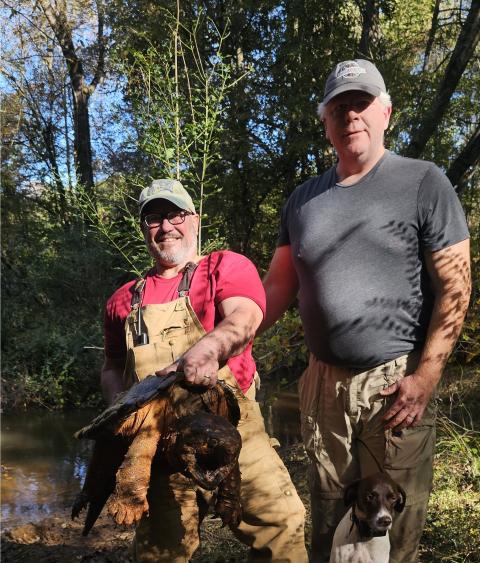Conservation Brief
FWS Finalizes Agreement to Benefit Monarchs
The U.S. Fish and Wildlife Service (FWS) announced on April 8 that the agency had finalized an agreement with the University of Illinois-Chicago that will result in potentially millions of acres improved for monarch butterflies. The agreement includes more than 45 energy and transportation companies as well as private landowners in order to provide and maintain habitat for monarch butterflies on potentially millions of acres of energy right-of-ways as well as public and private lands. Monarch populations have been declining in recent years and the species was petitioned for listing under the Endangered Species Act (ESA) in 2014, and the FWS is required to make a decision if the species is warranted for listing by December 2020.
“Completing this agreement is a huge boost for the conservation of monarch butterflies and other pollinators on a landscape scale,” said Aurelia Skipwith, Director of the U.S. Fish and Wildlife Service. “This is a great example of how the Trump administration is working proactively with our partners in the energy, transportation and agriculture industries to provide regulatory certainty for industry while addressing the conservation needs of our most at-risk species.”
The agreement is a Candidate Conservation Agreement with Assurances (CCAA) that will allow the non-federal industry partners to voluntarily help the at-risk species while being provided regulatory assurances and predictability under the ESA. In addition, there is a Candidate Conservation Agreement with non-profit organizations and other agencies to formalize the commitment for conservation actions, without the regulatory assurances provided within the CCAA. The two types of agreements will allow industry partners, transportation agencies and private landowners to provide habitat seamlessly regardless of who owns the land.
“By engaging early in voluntary conservation, utilities and departments of transportation can avoid increased costs and operational delays as a result of a potential listing. This provides tremendous value to industry and will also yield big benefits to the monarch butterfly,” said Iris Caldwell, program manager of the University of Illinois-Chicago’s Energy Resources Center, which will administer the agreement. “Not only is this the largest CCAA in history and completed on one of the fastest timelines thanks to our incredible partners, but it also represents an extraordinary collaboration between industry leaders and the U.S. Fish and Wildlife Service that can serve as a model for addressing challenges to other at-risk species.”
“The American Farm Bureau Federation (AFBF) applauds the work of the U.S. Fish and Wildlife Service and the participating energy and transportation organizations to conserve the monarch butterfly across the landscape,” said Zippy Duvall, President of the American Farm Bureau Federation. “AFBF appreciates the efforts of Director Skipwith and her staff for their coordination with farmers and ranchers to develop this important conservation tool. This agreement brings greater certainty to those who manage lands in and near rights-of-way while providing essential habitat for the monarch and other pollinators.”



